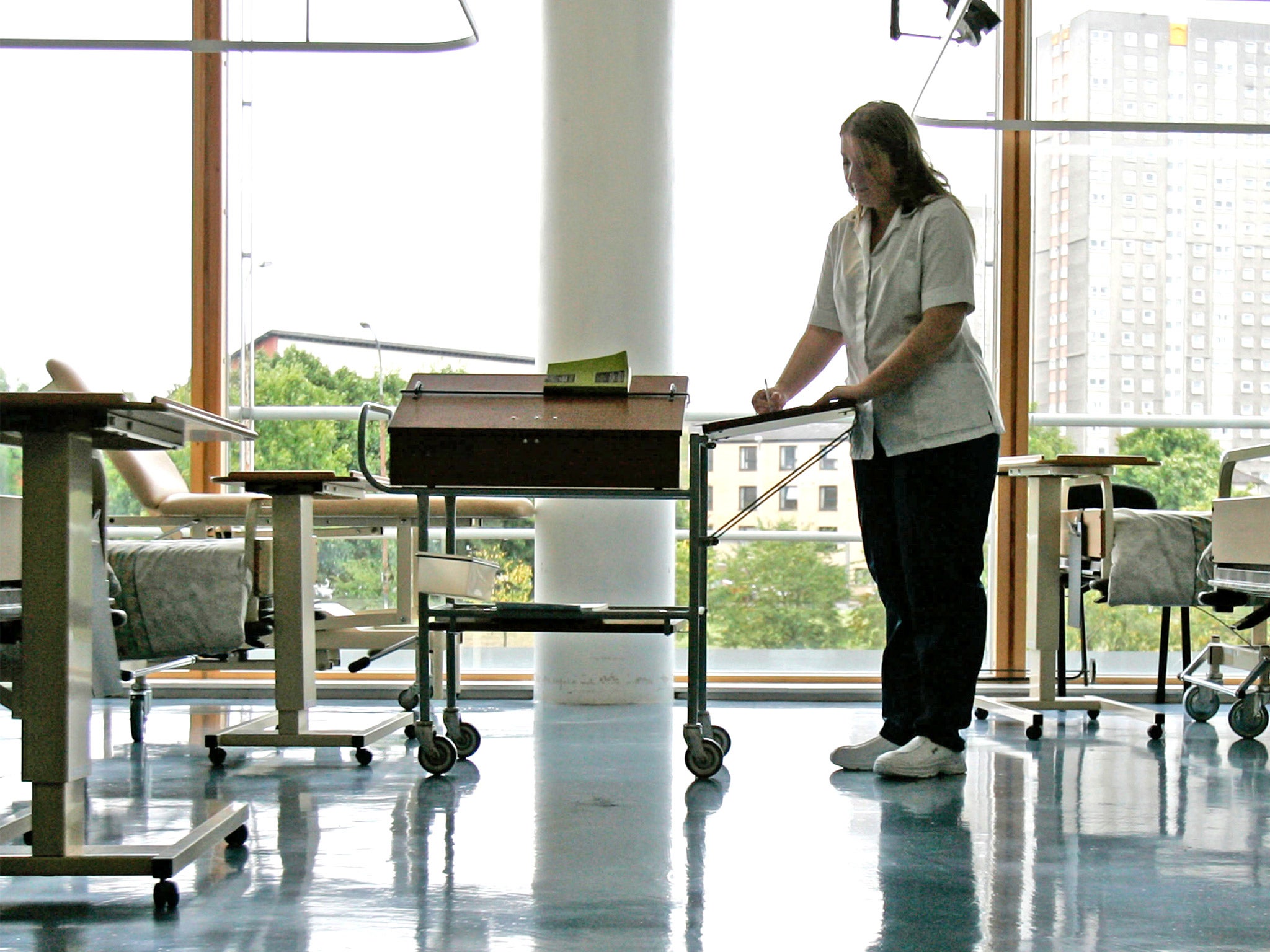This sickness is about more than individual failings
It’s tempting to look for scapegoats. But it’s the wider culture that needs addressing

We have to retain a sense of outrage. As Robert Francis said, the patients affected by the Mid Staffordshire scandal were not simply numbers. They were husbands, wives, sons, daughters, fathers and mothers – and many suffered horrific experiences that will haunt them for the rest of their lives.
Yesterday’s calls by those representing the families for heads to roll and the guilty persons to be named and shamed are understandable. Those made to suffer want redress.
Yet Mr Francis has resisted them, rightly, because it would send the wrong message. It would suggest that by sweeping away the guilty parties, the problems could be solved. They can’t and they won’t.
This was a failure that went wider and deeper than any individual or group of individuals. It affected the culture, not just of one trust, but of the NHS itself. Though the vast majority of patients receive good care in the NHS there are pockets of ill-treatment and neglect that reveal a breakdown of fundamental standards. At Alexandra Hospital in Redditch, 34 patients won compensation for neglect and one man was left to starve to death.
Queen’s Hospital, in Romford, Essex, was accused of a “culture of abuse” by regulators after the deaths of mothers and babies and at East Surrey Hospital secret filming exposed the bullying of a man with Parkinson’s disease.
Mr Francis’ first inquiry into the Mid Staffordshire trust blamed a target culture overly focused on cutting waiting times and achieving financial control, in which the patients had become lost.
But the target culture was not all bad. It delivered extraordinary gains. It is too easily forgotten that a decade ago tens of thousands of people were waiting more than a year for treatment, some dying on the waiting list.
It is not only patients who are badly treated in hospital that suffer. Those who never get the treatment they need suffer too.
Today the NHS has achieved what was thought impossible in the late 1990s – more than 90 per cent of patients are treated within 18 weeks. The access problem which had bedevilled the NHS for decades, has been largely solved.
In doing so, some trusts lost sight of their chief purpose – providing high-quality care. Patients were seen as numbers and quality of care was neglected. The message of Francis is that quality and safety must now come first. Patients, accustomed to swift access, now want safe, effective, dignified care. Targets were never designed to achieve those.
The short-term, access-driven target culture is deeply embedded in the NHS and will be hard to change. Managers will be forced to choose between priorities. It will be a brave chief executive who closes a poorly-staffed ward and lets waiting lists rise.
There is also a deep seated instinct in the NHS to ride out the storm, make a few minor adjustments, and carry on as before. That would be the worst outcome. But as the financial screw tightens on the NHS, burdened with saving £20bn by 2015, deciding between competing priorities can only get harder.
Join our commenting forum
Join thought-provoking conversations, follow other Independent readers and see their replies
Comments
Bookmark popover
Removed from bookmarks